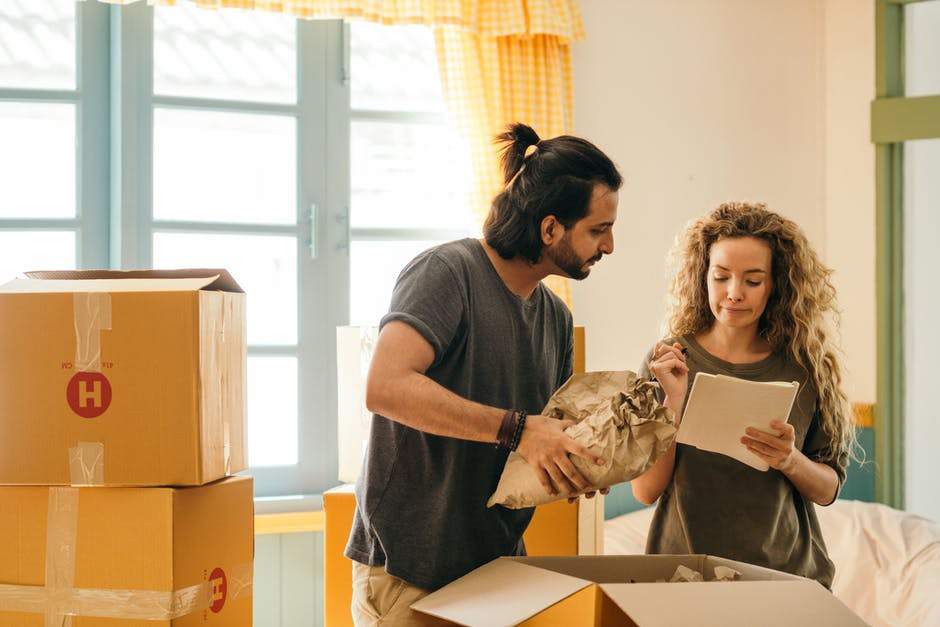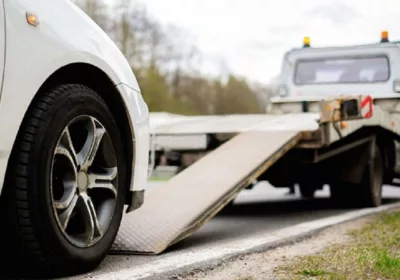
7 Important Things to Do Before Moving Houses
According to a recent study, the average person moves 11.7 times in their lifetime. Whether you’re moving across town or across the country, there’s a lot to do before you can settle into your new home.
Packing up all your belongings, hiring a moving company, and transferring utilities can be very overwhelming. To help make your move go as smoothly as possible, we’ve put together a list of the seven most important things to do before moving houses.
By following these simple moving and packing tips, you can help ensure that your move is as stress-free as possible.
1. Notify Your Utility Companies
One step that is often overlooked is letting your utility companies know about your move. Notifying your gas, electric, water, and sewer companies of your new address is important for a number of reasons.
First, it ensures that service will be established at your new home on the date of your move. Second, it helps to avoid billing issues and late fees. Third, it allows the utility companies to send someone out to disconnect services at your old address.
So next time you’re preparing for a move, don’t forget to add notifying your utilities to your list of things to do.
2. Arrange for Your Mail to Be Forwarded to Your New Address
This may seem like a small detail, but it’s important for a few reasons.
First, you’ll want to make sure that you don’t miss any important bills or letters. Second, it can be difficult to track down a missing piece of mail, especially if you’re already busy unpacking and settling into your new home.
And finally, if you forget to forward your mail, you may end up with two addresses. This can be confusing for everyone from delivery companies to your friends and family.
So save yourself the hassle and arrange to have your mail forwarded before you move.
3. Start Packing Up in Advance of the Move
One of the biggest mistakes people make when moving is waiting until the last minute to start packing. This can lead to a lot of unnecessary stress, not to mention lost or damaged belongings.
Instead, start packing up your home a few weeks in advance of your move. This will give you plenty of time to sort through your belongings. You can then decide what you want to take with you and what you can leave behind.
It’s also a good idea to label all your boxes with the contents and the room they belong in. That way, you can avoid having to search through every box when you’re trying to find something specific.
4. Donate or Sell Any Items You Don’t Need
When you’re moving, it’s a good opportunity to get rid of any items you no longer need or want. This includes clothes that no longer fit, furniture that you don’t use, and anything else that is taking up space in your home.
Donating these items to charity is a great way to declutter your home and help those in need. You can also sell these items and use the money to offset the cost of your move.
So before you start packing, take some time to go through your belongings and get rid of anything you don’t need.
5. Get Mobile Storage Solutions
Mobile storage units are a great way to make moving easier. They can be delivered to your home, and you can then pack them up at your own pace. This is especially helpful if it’s a long-distance move and you need to store some of your belongings until you’re ready for them.
When you’re ready to move, the storage unit can be picked up and transported to your new home. This is a much easier solution than renting a truck and making multiple trips.
You’ll also be guaranteed the safety of your belongings while they’re in storage. So, if you’re planning on moving house soon, get mobile storage solutions sorted out first.
6. Create a Floor Plan of Your New Home
A floor plan is especially important if you’re moving to a new home that’s much larger or smaller than your current one. Creating a floor plan will help you decide where to put your furniture and other belongings.
It’s also a good idea to measure all your large pieces of furniture, such as beds and couches. That way, you can be sure they’ll fit in the rooms of your new home.
Once you have a floor plan, you can start packing up your belongings according to where they’ll go in your new home. This will make unpacking and settling in much easier once you’ve moved.
So take some time to create a floor plan of your new home before moving day arrives.
7. Get Your Security Deposit Back
If you’re moving out of a rental property, then you’ll need to get your security deposit back. This can be a difficult and time-consuming process, but it’s important to do if you want your deposit back.
The first step is to clean the property thoroughly. This includes moving out all your belongings and cleaning any areas that are dirty or damaged. You may also need to repaint walls or make other repairs.
Once the property is clean, you’ll need to take photos or videos as evidence. This will show the landlord that you’ve left the property in good condition.
You should also get a written statement from your landlord confirming that you’ve met all the requirements for getting your security deposit back.
Avoid Making Mistakes When Moving Houses
Moving houses can be a stressful and daunting task. However, by following these seven tips, you can make the process much easier and less stressful. So take some time to plan ahead and get organized, and your move will go smoothly.
Thanks for reading. We hope this was helpful and you’ll check out our other blog posts for more moving tips and advice.















